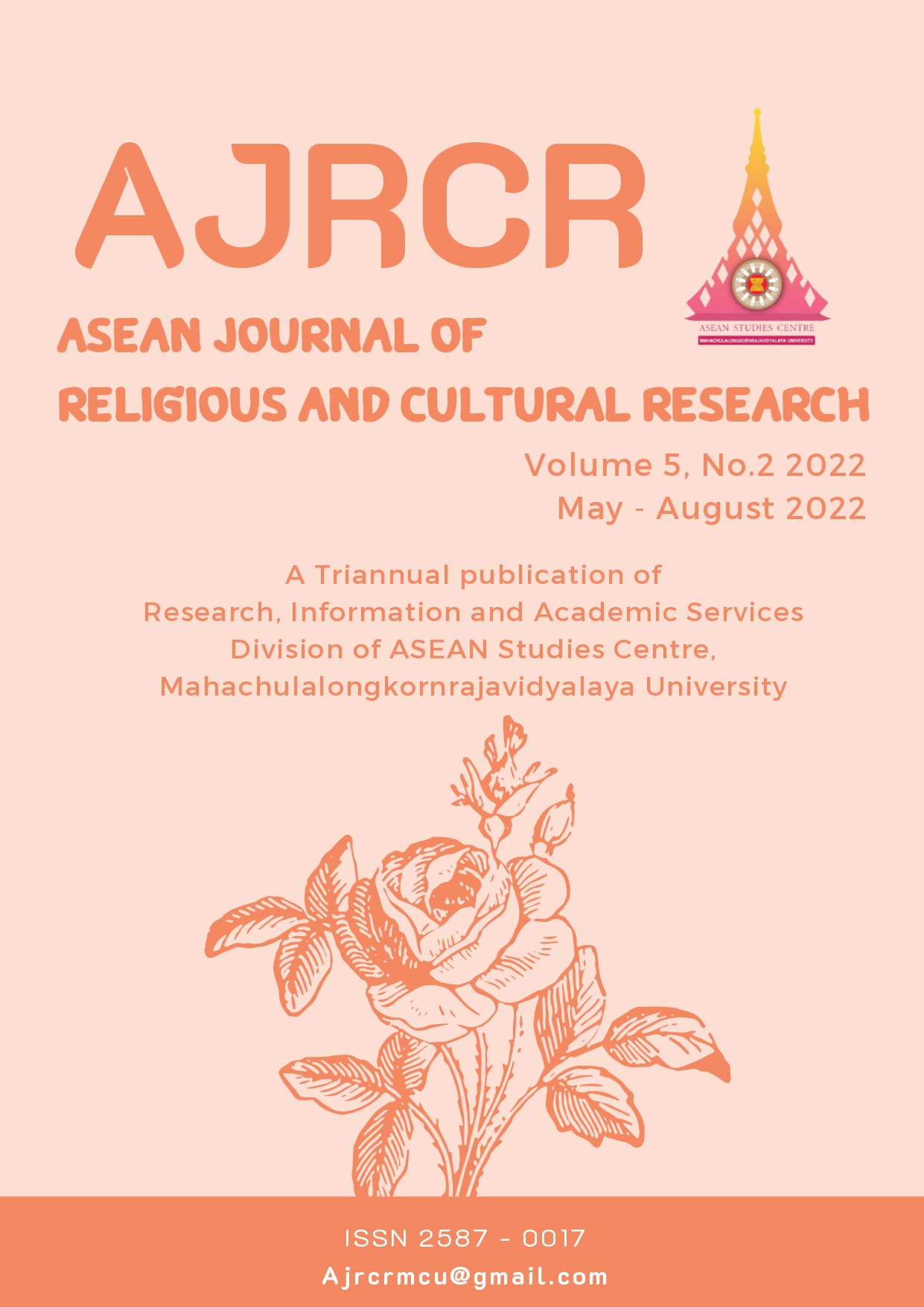A Buddhist-Spirituality Base for Artificial Intelligence Applications through Consciousness Subjects
Keywords:
Spirituality, Consciousness, Mindfulness, Buddhism, AI, IoT, Restaurant.Abstract
Establishing an easily comprehensible link between spirituality and technology is crucial for the professions to engage in their roles to embrace the fast-emerging industry 4.0 or 5.0 context. This study uses consciousness (or mindfulness) as an entry point, which resembles the data acquisition and knowing function in artificial intelligence (AI) and internet-of-things (IoT). Accordingly, this study has the academic and science-based supports of the stimulus-organism-response (S-O-R) theory of behaviors and Karl Popper's three-worlds logics of sciences, contributing to both disciplines "spirituality" and "artificial intelligence." In order to illustrate the consciousness subjects and human-brain-like activations and functioning of feeling and perceptions in sensory stimulations, thus leading to activity formation, as according to the Buddhist Cannons, this study surveys consumer perceptions towards upscale restaurants experienced in Chiang Mai, Thailand. The results generally support the conceptualization and thus provide a spiritual bridge to professions engaging in AI technologies.






